Why Clinical Trials?

Clinical trials are essential to the improvement and advancement of medical care. Research studies explore whether a medical strategy, treatment or device is safe and effective. Ultimately, it is objective evidence that helps guide our decisions toward strategies and treatments that work best. Many of my patients express fears or concerns about participating in clinical […]
Qigong: Improving Quality of Life in Women Undergoing Radiotherapy for Breast Cancer

Qigong (\”qi\” or \”chi\”= energy flow, \”gong\”= skill or achievement) is a practice with its roots in Chinese medicine, martial arts and philosophy. It involves rhythmic breathing coordinated with repetition of fluid movements and a calm mindful state guiding \”qi\” through the body. There are many million practitioners of Qigong in China and the rest […]
Treatment for Medullary Thyroid Cancer
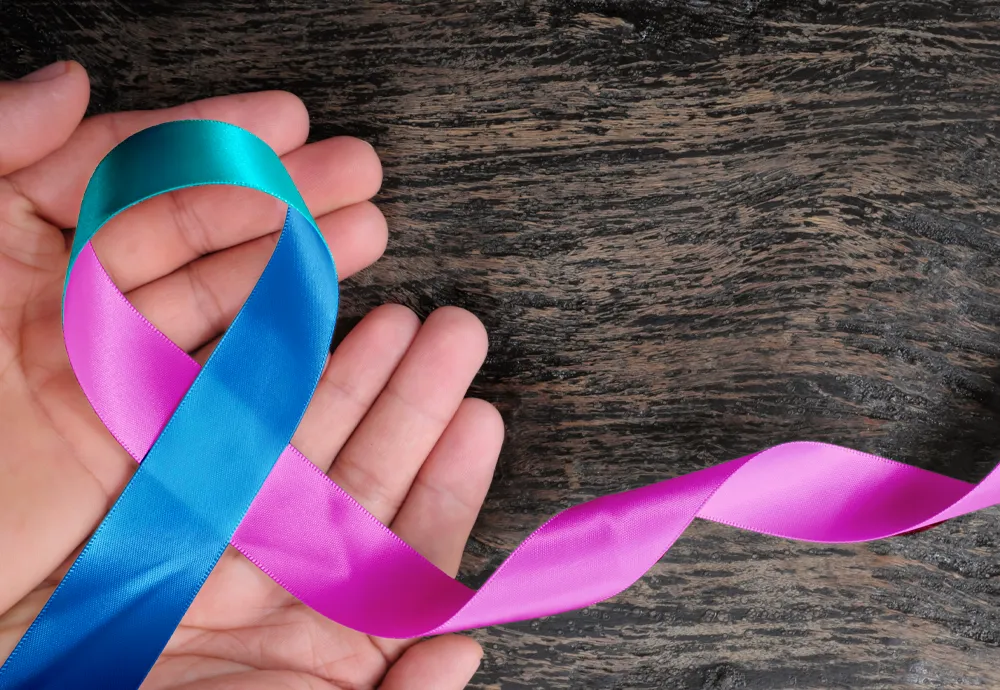
Medullary thyroid cancer is a rare form of thyroid cancer. On November 29, 2012 the FDA announced the approval of an oral drug called cabozantinib (brand name Cometriq) for the treatment of patients with medullary thyroid cancer where the cancer has spread to other sites in the body. It is a tyrosine kinase inhibitor blocking […]
Cancer Related Fatigue

Fatigue is a very common complaint among cancer patients. Everyone experiences fatigue from time to time. This is how our bodies indicate the need for rest and sleep and is an expected feeling after certain activities or at day’s end. Usually a good night’s sleep will solve the problem. However, individuals with cancer can experience […]
Care of the Cancer Caregiver
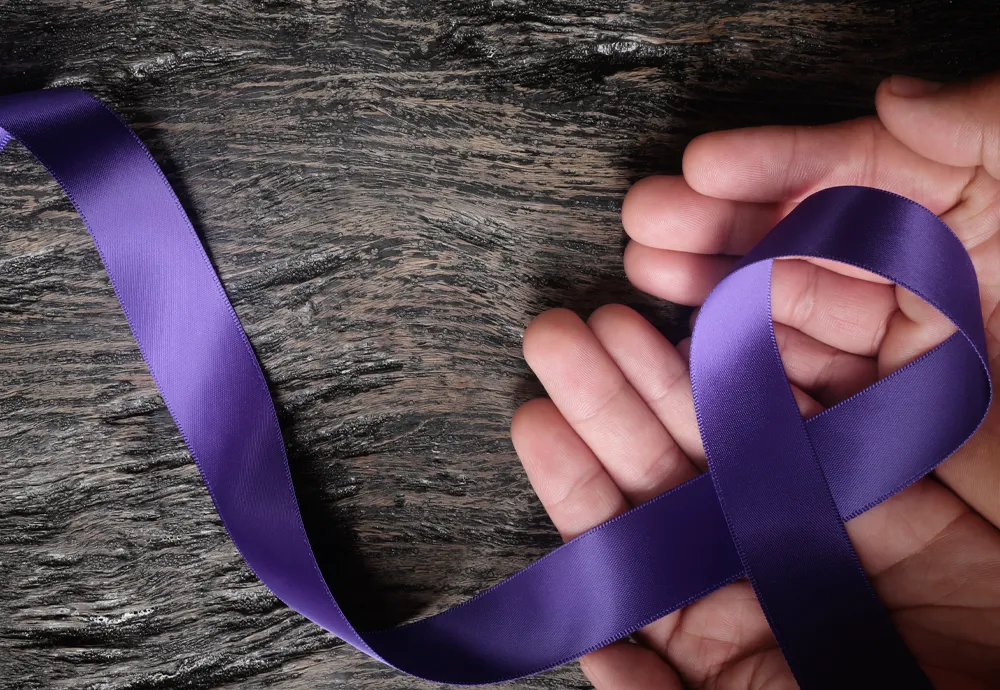
Being diagnosed with cancer is a life-altering event. To survive through the process, one usually relies upon others for help. This article is written for those individuals who are the “helpers” or the caregivers. The people who help can be a spouse, sibling, parent, child, neighbor or friend; a person who will be there for […]
Focus on Esophageal Cancer
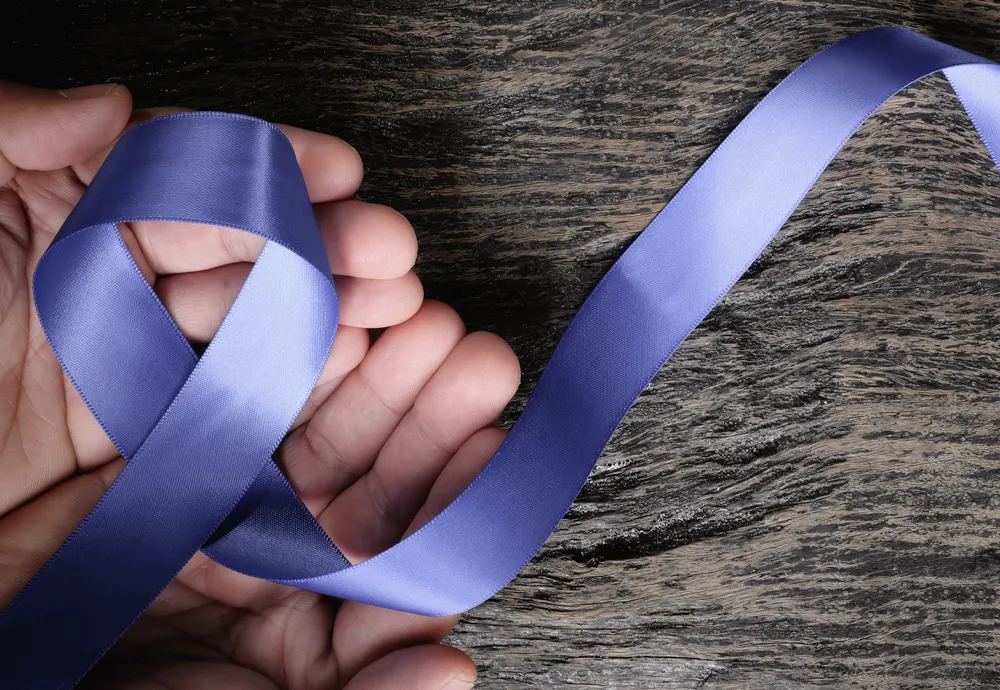
There are 2 types of esophageal carcinoma: squamous cell carcinoma and adenocarcinoma. Adenocarcinoma typically develops in the lower part of the esophagus. Since 1975, it has increased fivefold in the United States. As far as risk factors for this increased incidence are concerned, chronic acid reflux is at the top of the list. Chronic acid […]
What Can I Do For Chemobrain?

Chemotherapy can cause many patients to have difficulty concentrating, remembering certain things, or finishing brain-intensive tasks. This is commonly called chemobrain. It can sometimes last for weeks, months, or years after treatment for cancer is completed. It’s often a very upsetting experience, even if it’s so slight that no one but the patient notices it. […]
What is Survivorship?
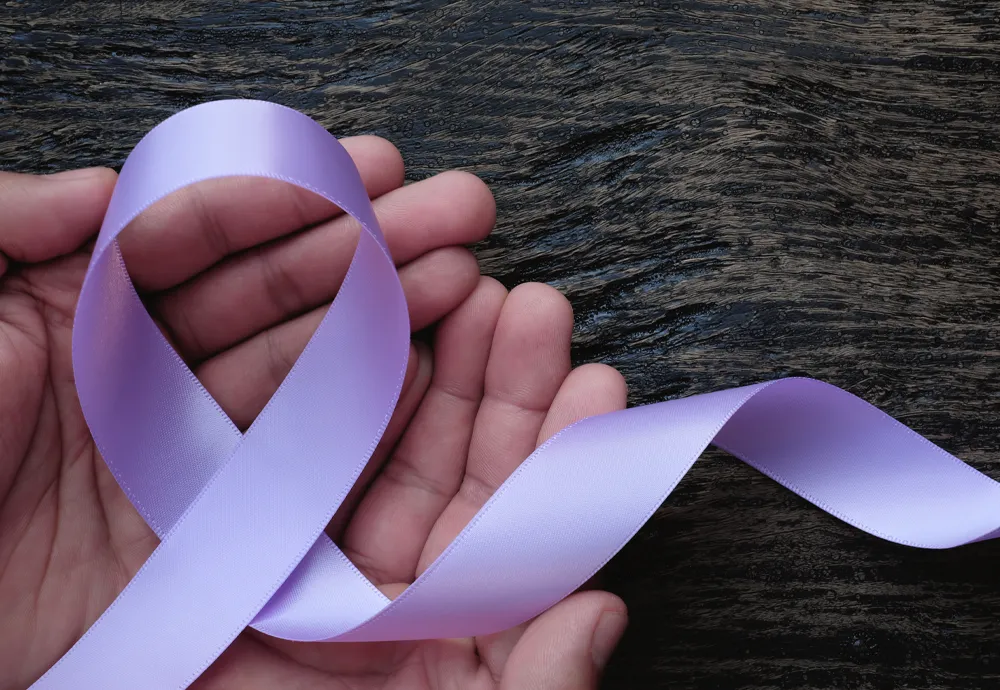
More cancer patients are being cured than ever before because of early detection and improved treatments. Survivorship begins the moment a person is diagnosed with cancer and lasts throughout his or her lifetime. It is a unique journey for each person. There is no right or wrong way to be a cancer survivor. Many survivors […]
Obesity & Cancer

Obesity is an epidemic and a preventable illness. It is estimated that 1 in 3 adults and 1 in 5 children in the United States are obese. In a few years, obesity (NOT tobacco) will become the number one cause for many types of common cancers. Obesity is defined as having too much body fat, […]
Rivaroxaban approved for the treatment of DVT and PE
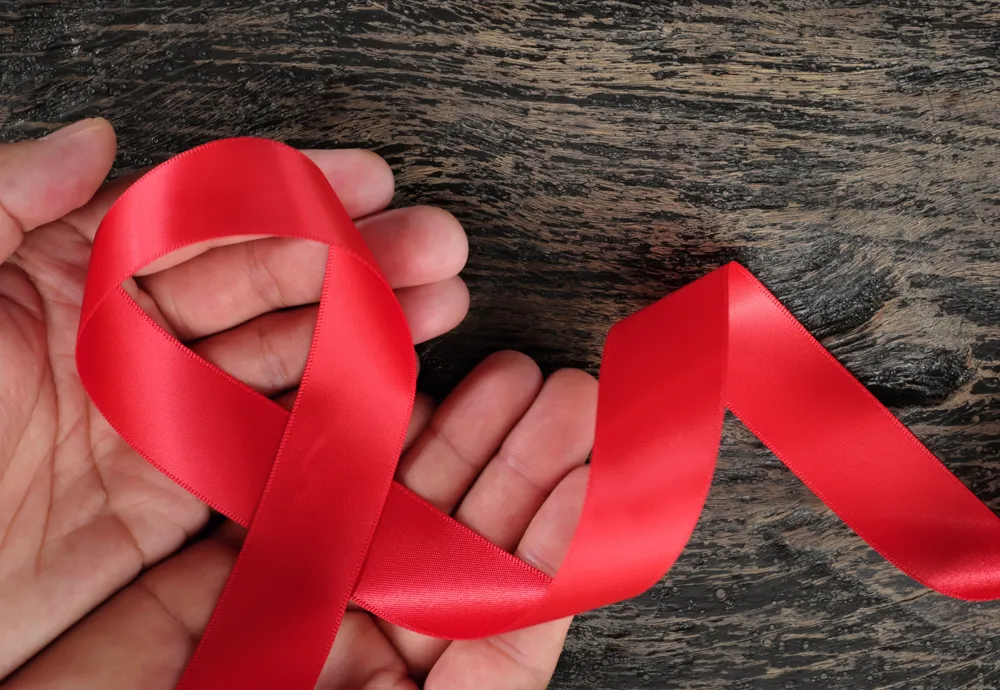
In early November 2012, the FDA expanded the approved use of rivaroxaban (brand name Xarelto) to be used for the treatment of blood clots in deep veins (deep venous thrombosis, DVT) and in pulmonary arteries (pulmonary embolism, PE). Rivaroxaban was originally approved for the treatment of patients with atrial fibrillation. DVT and PE are major health concerns […]
